Animals
-
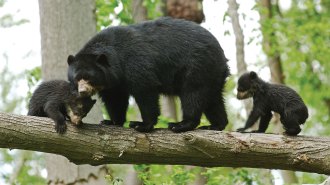 Animals
AnimalsExplore the past, present and future of ‘Eight Bears’
The book invites readers to meet the eight species of bears left on Earth and looks at how humans are shaping their future, for better or for worse.
By Jake Buehler -
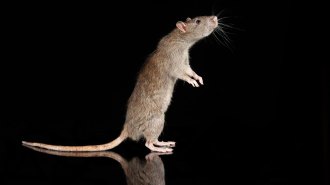 Life
LifeRats sense the wind with antennae-like whiskers above their eyes
Long, thin whiskers above rats’ eyes appear to sense faint air movement, which may be helpful for detecting moving threats in dark, narrow corridors.
By Jake Buehler -
 Animals
AnimalsThese researchers are reimagining animal behavior through a feminist lens
Ambika Kamath and Melina Packer are working to overturn biased, outdated views in biology.
-
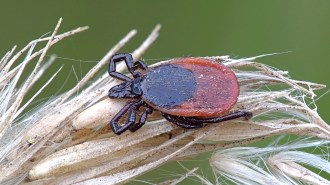 Animals
AnimalsStatic electricity can pull ticks on to their hosts
Ticks brought near objects with a static charge frequently get pulled to those surfaces, a new study finds, suggesting one way the bugs find hosts.
By Soumya Sagar -
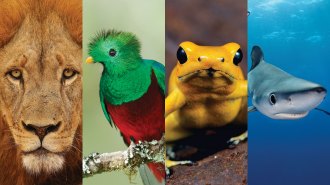 Science & Society
Science & SocietyHumans exploit about one-third of wild vertebrate species
An analysis of nearly 47,000 vertebrate animal species reveals that using them for food, medicine or the pet trade is helping push some toward extinction.
By Sid Perkins -
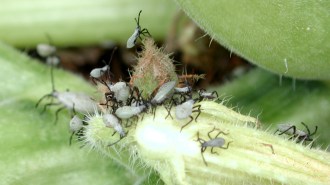 Life
LifeYoung squash bugs seek out adults’ poop for an essential microbe
Squash bug nymphs don’t rely on their parents to pick up a bacterium they’d die without. They find it on their own.
-
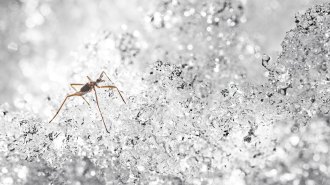 Animals
AnimalsA grisly trick helps snow flies survive freezing: self-amputation
When a snow fly’s leg begins to freeze, a quick amputation can prevent ice from spreading, keeping the cold-hardy insect alive.
By Meghan Rosen -
 Animals
AnimalsBottlenose dolphin moms use baby talk with their calves
When their babies are near, bottlenose dolphin moms modify their signature whistles, similar to human parents speaking in baby talk.
-
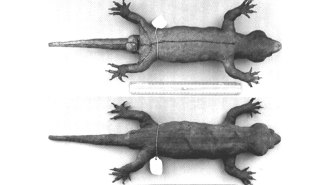 Animals
AnimalsDNA has revealed the origin of this giant ‘mystery’ gecko
A genetic analysis of a 19th century museum specimen, the only known example of the planet’s biggest gecko, has rewritten the animal’s backstory.
-
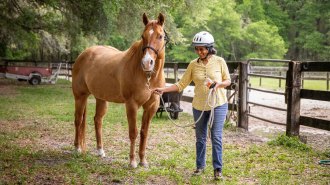 Tech
TechHow understanding horses could inspire more trustworthy robots
Computer scientist Eakta Jain pioneered the study of how human-horse interactions could help improve robot design and shape human-robot interactions.
-
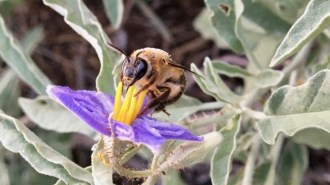 Life
Life‘Polyester bees’ brew beer-scented baby food in plastic cribs
Ptiloglossa bees’ baby food gets its boozy fragrance from fermentation by mysteriously selected microbes.
By Susan Milius -
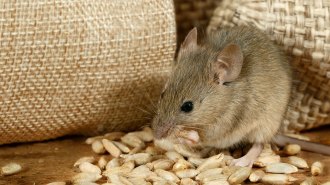 Animals
AnimalsCamouflaging wheat with a wheat smell could be a new approach to pest control
Wheat fields coated in wheat germ oil confuse the noses of mice, reducing seed loss by more than 60 percent, a new study finds.